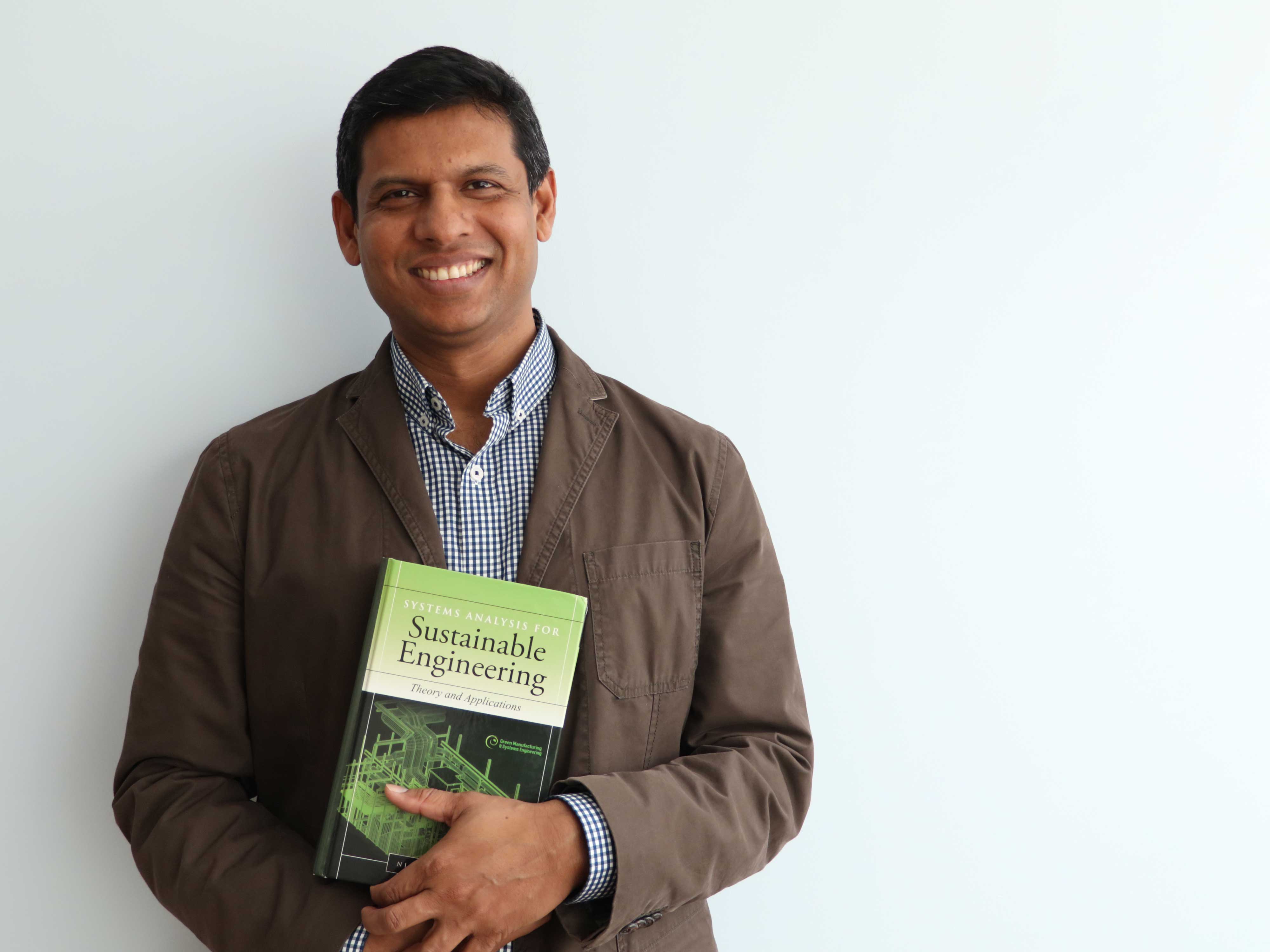Planetary Health Fellow Publishes on Sustainable Development Goals
June 5, 2020

Proceedings for the 20th International Conference on Group Decision and Negotiation (GDN) co-written by Byomkesh Talukder, Planetary Health Research Fellow, are now published.
The conference, scheduled to take place 7 - 11 June 2020 at Ryerson University, was cancelled due to COVID19. The GDN Council and GDN 2020 General and Program Chairs decided instead to publish the prepared proceedings.
The GDN conference provides a forum for those working in the field, bringing together researchers from Africa, the Americas, Asia, Europe, and Oceania. Topics for the 2020 conference include: Technological Foundations, Systems Design and Use, Methodological Foundations, Theoretical Foundations, Behavioural Aspects, and Applications.
Abstract
Modeling Resource Allocation for the Achievement of Sustainable Development Goals
Byomkesh Talukder, Dahdaleh Institute for Global Health Research, York University, Canada
Simone Philpot, Department of Systems Design Engineering, University of Waterloo, Canada
Keith W Hipel, Department of Systems Design Engineering, University of Waterloo, Canada; Centre for International Governance Innovation, Waterloo, Ontario, Canada; Balsillie School of International Affairs, Waterloo, Ontario, Canada
In 2015, the United Nations Member States adopted the 17 Sustainable Development Goals (SDGs). Implementation of the SDGs faces political, social, economic, environmental and technological challenges. Moreover, each nation needs to translate and evaluate the SDG’s in relation to its own national context. As a budget is the most basic reflection of government plans and policies, it is essential to prioritize and evaluate the SDGs in the course of budgeting. To enhance this process, the authors propose and test a novel tool, merging multiple criteria decision analysis and values modeling. A case study in Bangladesh is then used to illustrate how this approach can support judicious decision-making for resource allocation. One outcome of this research is a framework and supporting software to aid decision-makers in allocating resources for SDGs within their national budgets. The results of this study will help decision-makers to strategically monitor and evaluate their SDG achievement.
Full Article
Related Content
Next/Previous
James Orbinski Speaks at The Massey Dialogues — On Global Health »
« Media Release: Inuit community shares innovative COVID-19 tool to support communities globally



